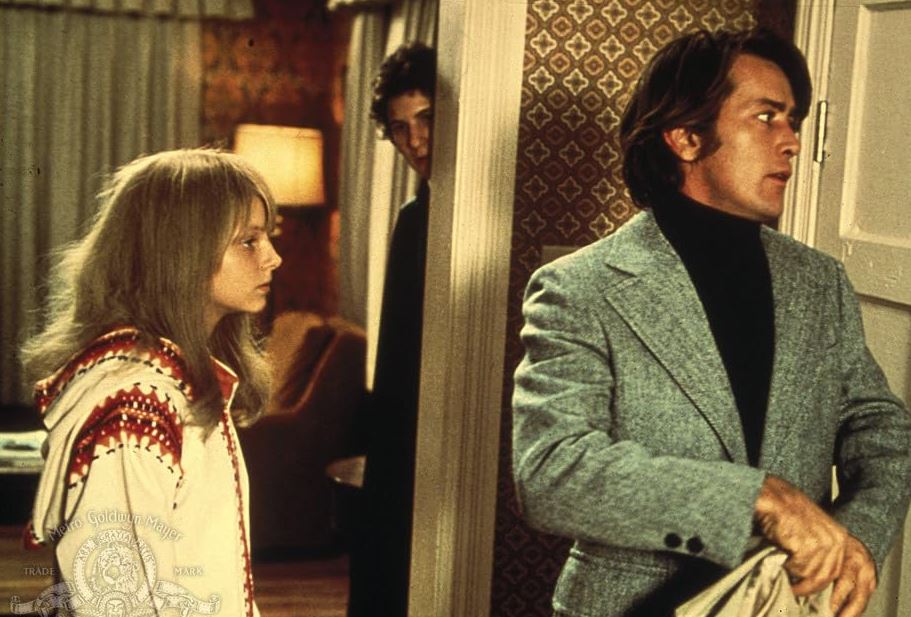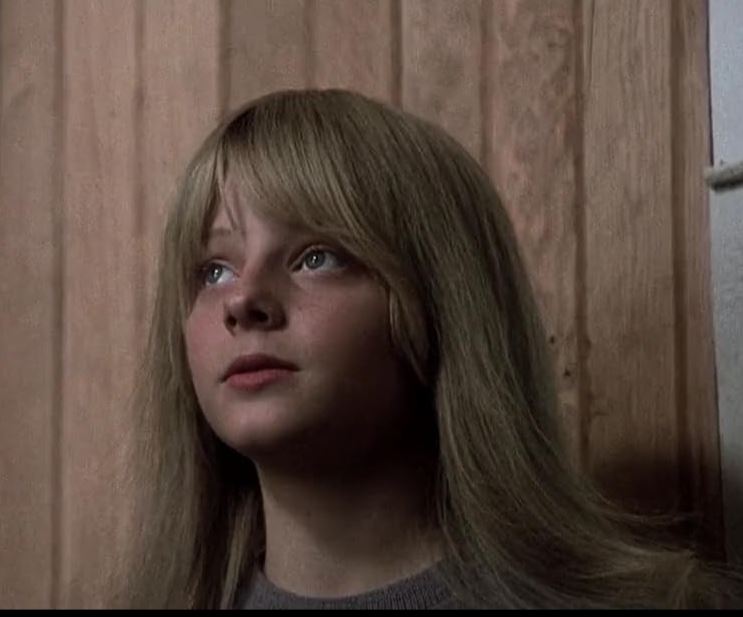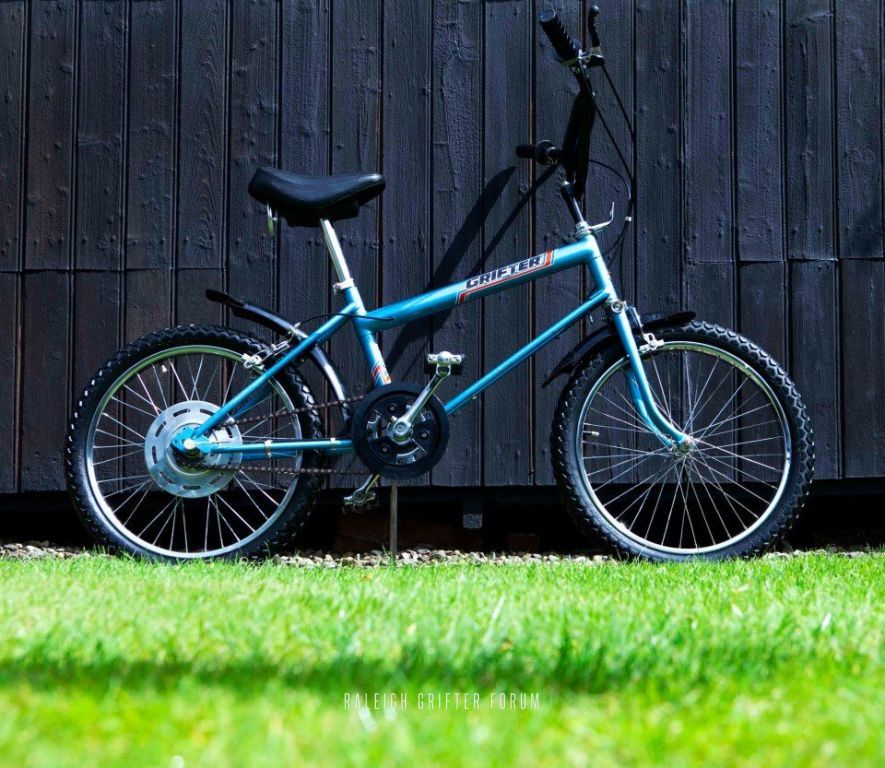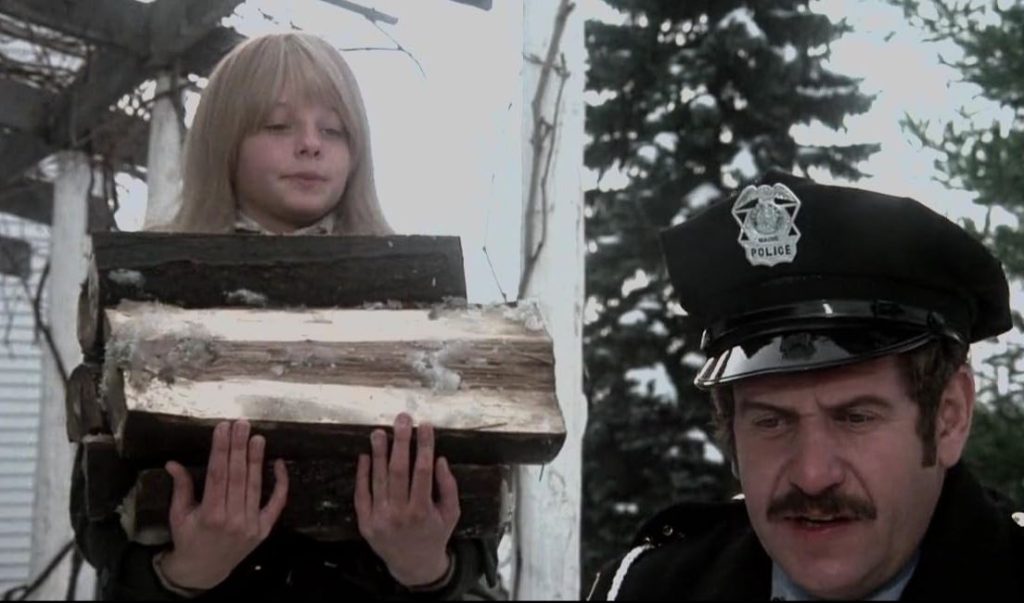
Synopsis: “This is my house.”
Director: Nicolas Gessner
Cast: Jodie Foster, Martin Sheen, Alexis Smith, Mort Shuman, Scott Jacoby
In 1991 Jodie Foster picked up her second Oscar, apparently poised to have one of the most glorious movie careers of all time. Instead, her post-Lambs output collapsed into mediocrity. The rot set in straightaway with her earnest directorial debut Little Man Tate and gathered pace with 1994’s Nell, a god-awful, self-indulgent, unintentionally funny exercise that saw her spazzed-up, spouting gibberish and running around starkers. Things didn’t improve much with the plodding sci-fi effort Contact, the terrible comedy-western Maverick, the forgettable thriller Panic Room, and The Brave One’s pretentious crap.

Gee, Jodie, what went wrong? Why haven’t you made a decent flick in well over three decades? After all, there’s no denying your talent. When you’re on fire, you’re one of the best actresses to have lit up the silver screen. That sharp little face, lulling voice, fierce intelligence, charisma and individuality. It’s just… I mean… you haven’t given us enough. I want more tender dances with Sport, more stories about you futilely running away with a spring lamb, not boring, overlong bollocks like Anna and the King.
Ah, I dunno. Maybe it’s down to luck, the need for the planets to align so a good movie can be birthed. And as I’ve long argued, it’s silly to concentrate on an artist’s misfires and disappointments. Champion their successes instead and be grateful they’ve enriched your life. So, let’s hear it for Taxi Driver, Silence of the Lambs and… The Little Girl Who Lives Down the Lane.

Now I thought I was doing well at thirteen when my dad got me a blue Raleigh Grifter with its super-cool, three-gear twist grip. Fast on the road but equally at home in the rough, I joyfully put it through hell and never even got a puncture. Still, chuffed as I was, I guess I’d have to concede that Jodie had a slightly more fruitful year by managing to star in four movies. I can’t even make fun of her solitary supporting role as that happened to be Taxi Driver.
In Little Girl she plays Rynn Jacobs, a just-turned teen that lives with her never-seen father in a conservative, beachside town. Right from the outset there’s a preternatural aspect to her. When she’s not learning Hebrew, she’s listening to Chopin, reading Emily Dickinson, doing a broadsheet crossword, conducting business at the bank and never once begging dad to get her a Grifter. Despite her chipped teeth, barely formed face and love for a pet hamster, she’s not only worldly beyond her years but a territorial animal that possesses an ability to see through people. This is just as well when she has to deal with adults like Frank Hallett (Sheen) and his interfering mother (Smith). Both are pronounced threats to her idyllic existence. Frank wants to molest her while her landlady Mrs. Hallett is keen to throw her out.

As the intriguing plot unfolds, Little Girl manages to blend elements of horror, mystery and teen romance in a most unusual way. It’s clear that the only adult Rynn has ever trusted is her father, but he seems to have injected an unhealthy doubt, if not paranoia, of modern society. “Father told me I wasn’t like anybody else in the world,” she says, “that people wouldn’t understand me, they’d order me around, tell me what to do and try to make me into the person they’d want me to be.” Now she’s determined to ‘fight them’ anyway she can, continually irked by the way she’s patronized by her elders. Or as she states: “How old do you have to be before people start treating you as a person?”
Indeed, it’s hard to view Little Girl as anything other than anti-adult. Everyone in their twenties and above is portrayed as a menace to her independence, but thankfully it’s a lot subtler than children-on-the-rampage stuff like Children of the Corn or Who Can Kill a Child? Performances are excellent across the board, especially the coldly condescending Mrs. Hallett and her horrible son. Frank, in particular, is memorably creepy, one minute telling Rynn that it’s a birthday custom to spank her, the next doing unspeakable things to her hamster.
It’s also a movie that succeeds partly because of its effective use of contrast. Child molestation and murder might be on the menu, but they are served up in such a way that they don’t stick in the throat. Instead, we most remember the harmless-looking Rynn living in a lovely house as she bonds with a fellow teen over the disposal of adults while autumnal bouts of classical music soothe the ear.
Leave a Reply